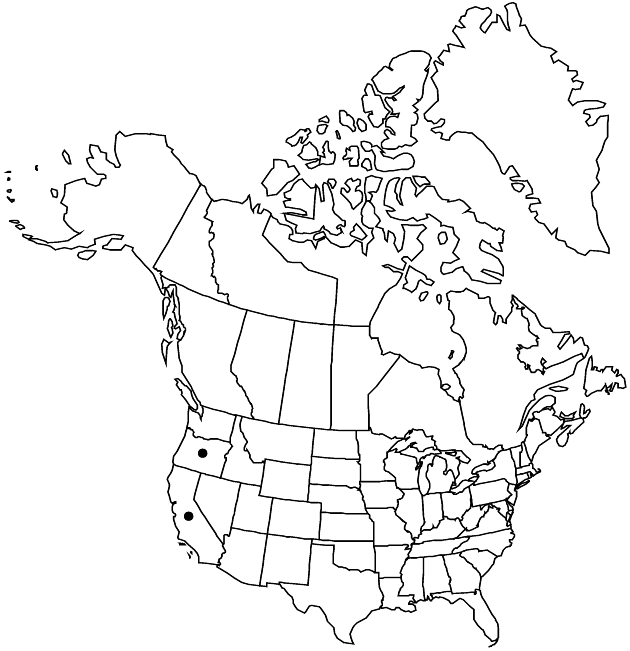Difference between revisions of "Heterotheca oregona var. rudis"
Brittonia 39: 382. 1987.
Endemic
Basionym: Chrysopsis rudis Greene Man. Bot. San Francisco, 174. 1894
Synonyms: Chrysopsis oregona var. rudis (Greene) Jepson
FNA>Volume Importer |
imported>Volume Importer |
||
| Line 6: | Line 6: | ||
|place=39: 382. 1987 | |place=39: 382. 1987 | ||
|year=1987 | |year=1987 | ||
| + | }} | ||
| + | |special_status={{Treatment/ID/Special_status | ||
| + | |code=E | ||
| + | |label=Endemic | ||
}} | }} | ||
|basionyms={{Treatment/ID/Basionym | |basionyms={{Treatment/ID/Basionym | ||
| Line 55: | Line 59: | ||
|publication title=Brittonia | |publication title=Brittonia | ||
|publication year=1987 | |publication year=1987 | ||
| − | |special status= | + | |special status=Endemic |
| − | |source xml=https:// | + | |source xml=https://bibilujan@bitbucket.org/aafc-mbb/fna-data-curation.git/src/bb6b7e3a7de7d3b7888a1ad48c7fd8f5c722d8d6/coarse_grained_fna_xml/V19-20-21/V20_520.xml |
|tribe=Asteraceae tribe Astereae | |tribe=Asteraceae tribe Astereae | ||
|genus=Heterotheca | |genus=Heterotheca | ||
Revision as of 20:49, 27 May 2020
Stems usually openly branched distally, moderately hispid, sparsely to moderately coarsely stipitate-glandular. Leaves green, mid cauline averaging 30.3 × 9.1 mm (18.6–72 × 3.2–30 mm), faces moderately to densely short-hispid (more than 5 hairs/mm²), sparsely to moderately, coarsely stipitate-glandular. Outer phyllaries lanceolate. 2n = 18.
Phenology: Flowering Jul–Oct.
Habitat: Sand and gravel deposits along rivers and stream margins in oak and conifer woods
Elevation: 0–500 m
Discussion
Variety rudis ranges from extreme southern Oregon to east of Monterey in the coastal mountains of northern California, eastward into the southern Cascades and the northern Central Valley of California. It occasionally occurs with var. oregona but generally in habitats somewhat seasonally drier than those usual for the typical variety.
Selected References
None.
Lower Taxa
None.
